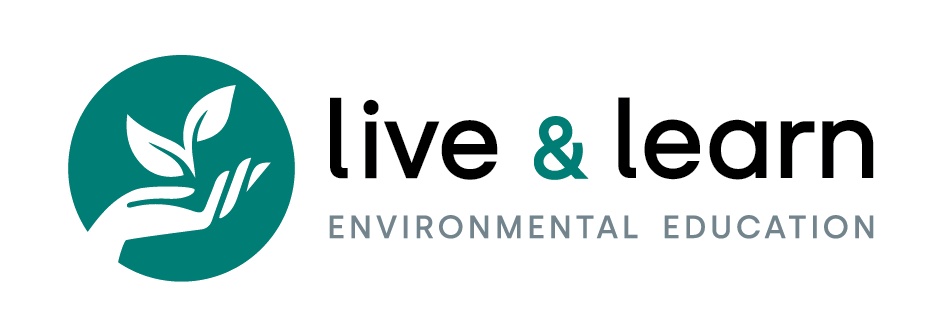Crops weren’t the only thing being grown at Live & Learn’s Pacific Food Week last month, with connections between different country teams also being nurtured.
Alongside learning many technical skills, including food processing methods and climate smart agriculture, teams participating at Food Week – organised as part of both the Climate Resilient Islands (CRI) programme and Atoll Food Futures (AFF) project – found great benefits from working with other teams.
One of the aims of the week-long workshop in Nadi was to help teams from throughout the Pacific share their lessons and experiences on working towards climate and food resilience. With teams from Fiji, Vanuatu, Kiribati, Tuvalu, Solomon Islands and Tonga coming together, there was plenty of learning to go around.

‘There are diverse capacities, expertise and abilities within the Live & Learn network to tackle the complex problem of food security in Pacific Island countries,’ said Serge Warakar, CRI programme manager for Vanuatu.
‘Networking is crucial for any organisation, and witnessing its effectiveness during the Pacific Food Week event has inspired our Vanuatu team.’
Live & Learn Solomon Islands, the most recent addition to the CRI programme, found particular value in hearing from the teams who have been doing that work for much longer.
‘It was an opportunity for me to physically meet with the other CRI representatives, enabling me to learn from their experience in implementing the activities of their project,’ said Wilton Laufiu, CRI coordinator for Live & Learn Solomon Islands.
‘I learnt from the Fiji team the approach they did with their pathway planning. That is the way they step-by-step turn the community pathways into simple actions. Not only that, but I also learnt about the different lessons from other CRI teams when implementing the Community Resilience Profiles.’
Pacific Food Week was a chance to not only learn from other teams, but also other projects, with CRI and AFF teams working alongside each other. Atoll Food Futures is focused on improving food security across Kiribati, Tuvalu and Fiji, while CRI has a strong focus on the importance of food systems in achieving climate resilience, meaning the two projects have plenty to share.

‘As one of our target communities is also an atoll island, the demonstration of soil composting skill by the Kiribati team was truly a bonus for us,’ Wilton said.
‘If our atoll community here in the Solomons prioritises food and soil nutrient deficiency as one priority area to work on then we might look to the Kiribati knowledge to share with our community here in the Solomon Islands.
‘This one-week workshop was truly a benefit for our team here in the Solomon Islands as it motivates us to continue to focus our efforts now on community profiles.’
Having found so much value from this experience, the teams look forward to more opportunities to collaborate on the overall goals of climate and food resilience.
‘By connecting with others, we can foster collaboration and achieve our goals more efficiently,’ said Serge. ‘By working together, Live & Learn can leverage their collective strengths and develop sustainable solutions to ensure food security for their populations.’
Pacific Food Week was an initiative of the Atoll Food Futures Project, an Australian Aid initiative implemented by Live & Learn Environmental Education on behalf of the Australian Government, and the Climate Resilient Islands programme, New Zealand Ministry of Foreign Affairs and Trade initiative.

